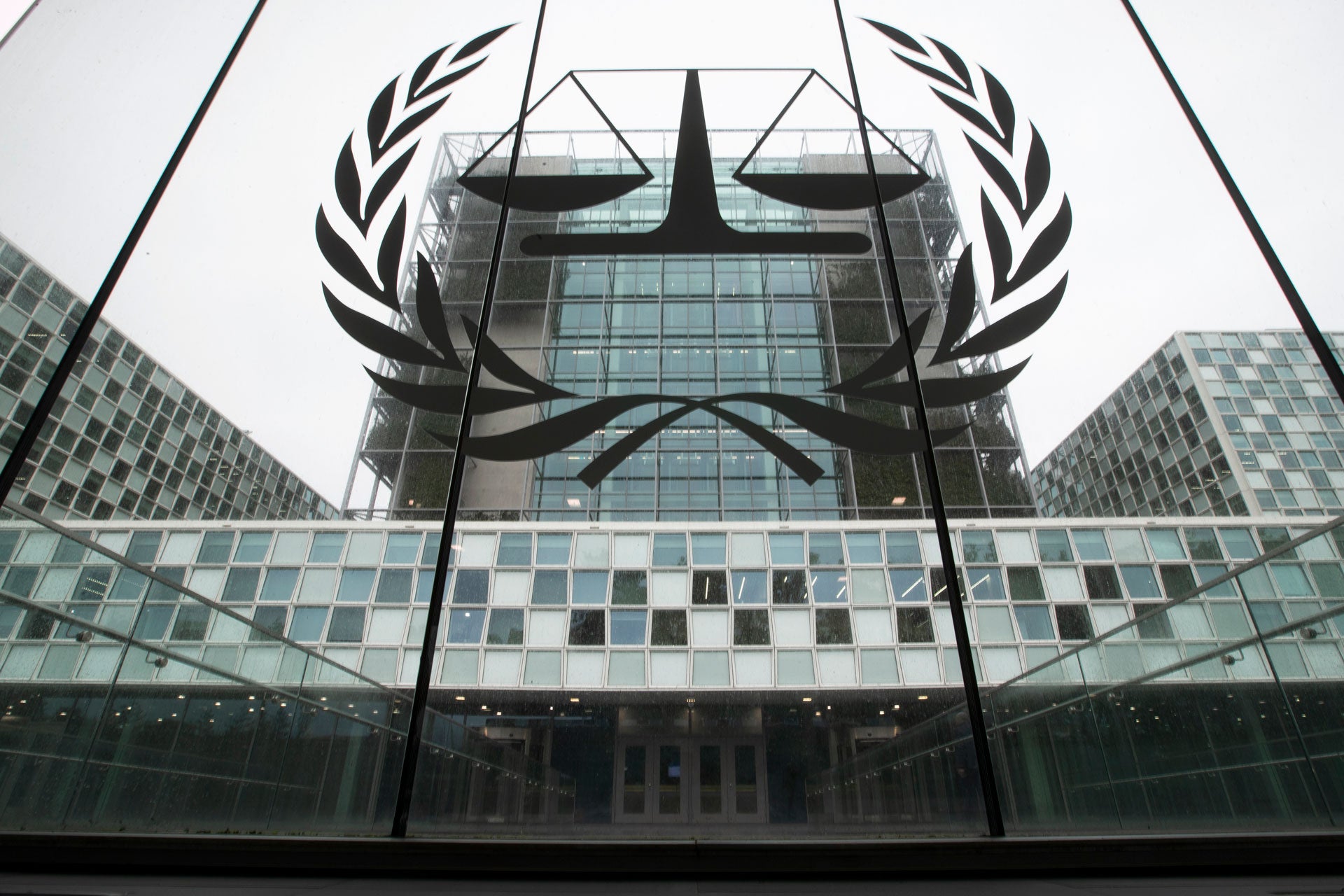Ensuring High-Quality International Criminal Court Judges

In early November, during the lead-up to a critical election at the International Criminal Court (ICC), the court’s member countries hosted roundtable discussions with candidates to sit on the ICC’s bench.
The members are due to elect six new judges, a third of the court’s 18-member bench, when they meet in December. This year’s process marks an important opportunity to contribute to changing the culture of judicial elections at the ICC.
The livestreamed roundtables featured 19 candidates over four days. Unfortunately, member countries asked some of the same questions to all candidates, and after the first day, some nominees appeared to read from prepared answers. In addition to creating an unfair process, this precluded spontaneous responses to questions on important issues. Representatives from nongovernmental organizations also posed questions. Nonetheless, member countries convening these roundtables, previously hosted by the Coalition for the ICC, may be an indication of a slowly changing culture around the ICC’s judicial elections. Change is needed. Previous judicial elections have been marked by vote trading, a practice by which states agree to support one another’s candidates with minimal regard to the individual’s qualifications. This is at odds with ensuring that the ICC, a court with a docket of complex criminal cases, has the highly qualified bench it needs. This year, the Advisory Committee on Nominations (ACN), which evaluates judicial nominees, also had a strengthened mandate.
The committee is now authorized to use a questionnaire, ask candidates to demonstrate their legal knowledge, and assess practical skills. It also used a more nuanced ranking system to communicate its assessment of candidates. Furthermore, it asked a specialized ICC section to vet candidates as part of its assessment of “high moral character,” one of the requirements in the court’s treaty for judges. Member countries should establish more robust vetting mechanisms aimed at applying that requirement across elections. Time will tell whether these changes help put the focus more on merit as the decisive criterion for judicial elections, while maintaining the important commitment to gender and geographic diversity. Governments, through these roundtables, the ACN assessment, and questionnaires from nongovernmental organizations, have a wealth of information to make proper evaluations.
They should thoroughly scrutinize candidates, upholding their responsibility to ensure the highest quality judicial leadership at the ICC.
Read the full article at the original website
References:
- https://www.coalitionfortheicc.org/CICC_Judicial%20Elections_Video
- https://asp.icc-cpi.int/en_menus/asp/elections/judges/2020/Pages/Roundtables.aspx
- https://www.coalitionfortheicc.org/
- https://www.justiceinitiative.org/uploads/7627a69c-dc69-43da-a58c-c66162f1c2b0/raising-the-bar-20191028.pdf
- https://asp.icc-cpi.int/iccdocs/asp_docs/ASP19/ICC-ASP-19-11-ENG.pdf
- http://www.coalitionfortheicc.org/judicial-candidates-questionnaires-2020
